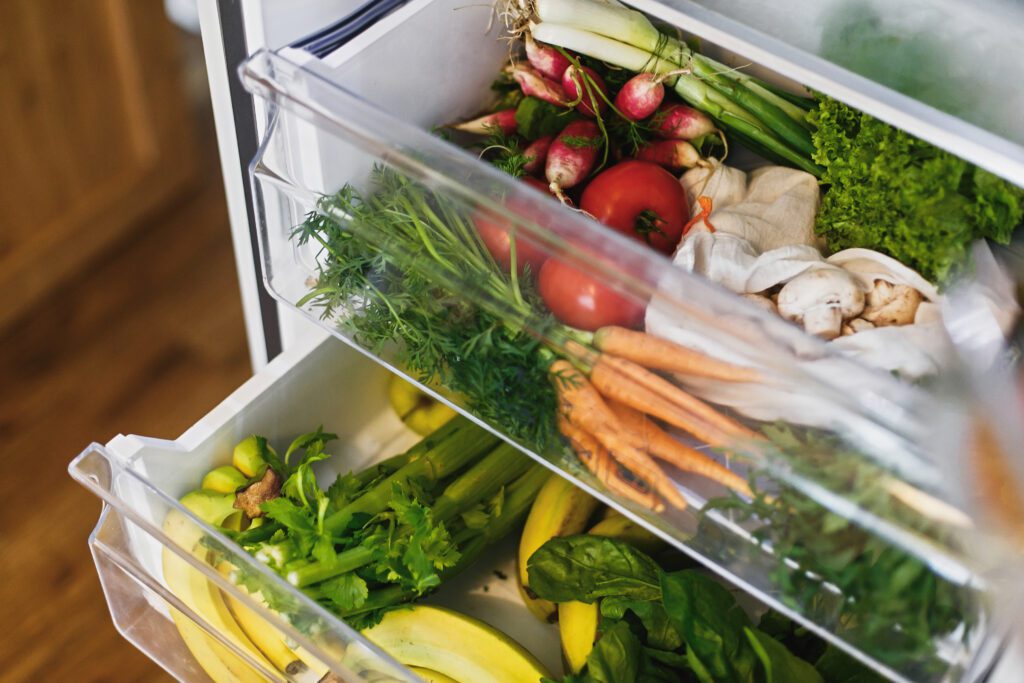A refrigerator helps us store a lot of items in our kitchen and keeps our food fresh and free from any harmful bacteria. Although you may think there is no wrong way to utilize the space in your fridge, or temperature doesn’t matter, as long as it’s cold, you are mistaken.
People make a lot of mistakes when it comes to how they store their food in the fridge. There are certain areas and drawers built into modern refrigerators that are meant to house certain foods better than others.
In this article, we’ll explore some of the most common mistakes you’ll see in how some people make use of their fridge space
Storing Dairy in the Door
If you’re storing dairy in the door portion of your fridge, I hate to break it to you, but you’re doing it wrong. The door is the warmest part of your fridge, and dairy products, such as milk or eggs, are the most likely to spoil quickly.
Do yourself a favor and store those items in the interior of the fridge and save yourself from milk that spoils way before its expiration date.
You’re Storing Meat in the Wrong Spot
A meat drawer is one of those spaces that is built right into most modern fridges that are perfectly designed to store, you guessed it, raw meat. If your fridge has a designated meat drawer, you should make use of that.
If you don’t have a marked meat drawer, you should store your raw meat in the bottom-most drawer or shelf. That way, if the juices should leak, they won’t contaminate the rest of your food.
Not Utilizing the Crisper Drawers
If you’re storing your vegetables or fruit on a shelf or anywhere other than the crisper drawers in your fridge, you may be causing the food to go bad before it ever would in the right spot. Crisper drawers are there to keep your produce fresh and crisp longer.
Each drawer usually will have a humidity setting that you can adjust depending on what you’re storing. Find out the right level of humidity for your produce, and you’ll be throwing it out less often.
Putting Things in Fridge That Don’t Need It
Not everything needs to be refrigerated. A lot of items that we would think have to be kept cold are actually shelf-stable and can be kept in your pantry.
Things such as soy sauce, tomatoes, hot sauce, and more are all examples of foods that shouldn’t be taking up precious space in your fridge. Move these things out for extra space for your items that do need to be kept cold.
Setting Temperature Too High or Too Low
Having the proper temperature in your fridge does, in fact, matter when it comes to how your food keeps over a period of time. Most refrigerators are built to work properly at 35-38 degrees.
Anything below 32 will start to freeze all of your food, and any temperature higher than 40 could be too warm for most foods and could cause spoiling or harmful bacteria to grow. Be sure to check the temperature in your fridge often and adjust accordingly.
Conclusion
You would think that owning and using a refrigerator would be pretty cut and dry. You put food in it that needs to stay cold, and that’s that. However, as you can see, there are plenty of small, common mistakes that most of us are making without even knowing it.
Take the time to learn how to properly store your refrigerator foods, and you’ll be making fewer trips to the grocery store to replace spoiled food!
